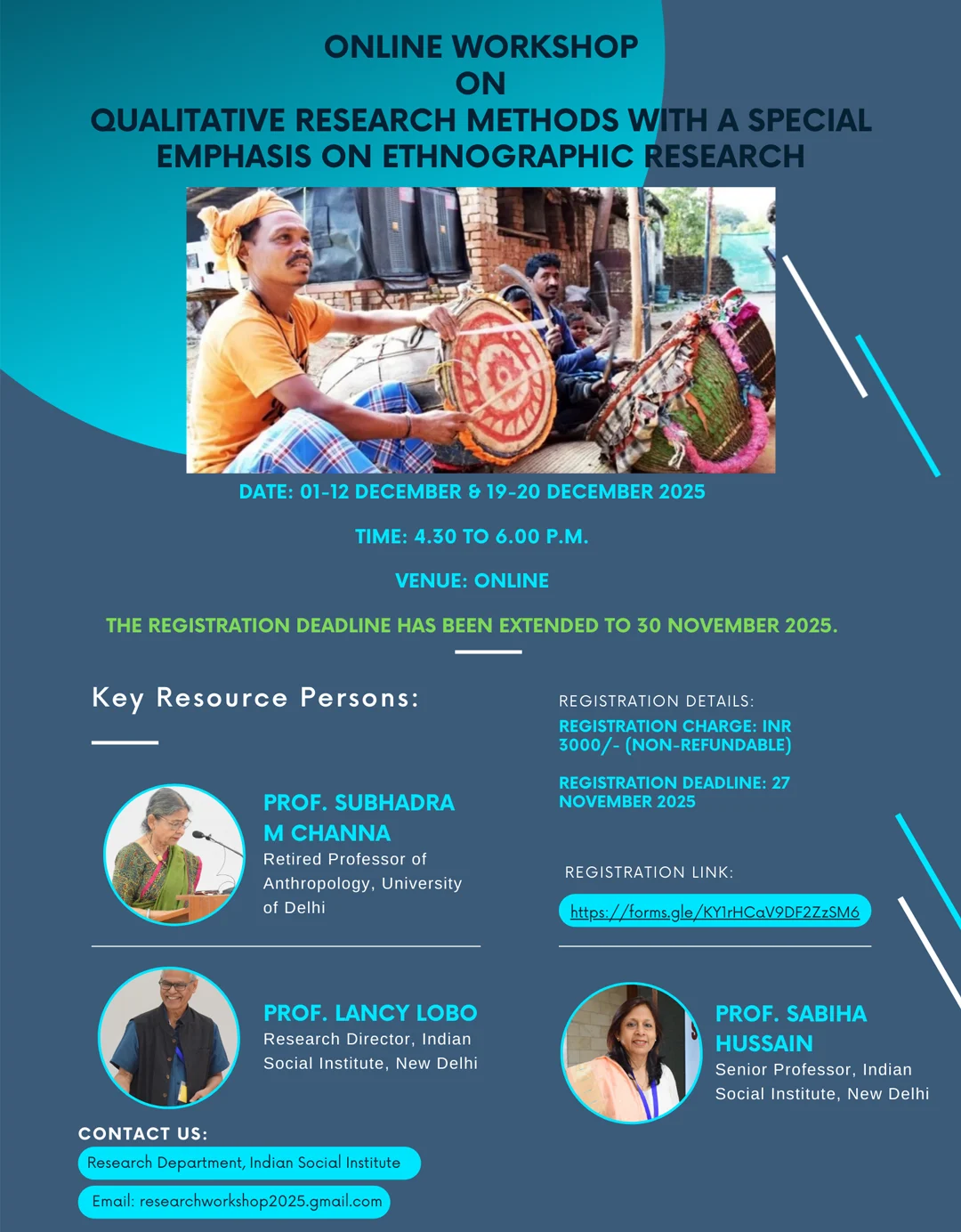Date: 01-12 December & 19-20 December 2025
Time: 4.30 to 6.00 p.m.
Note: Registration date has been extended to 30th November, 2025
Venue: Online
Organized by
Indian Social Institute, New Delhi
About the Workshop
Qualitative research has long been a cornerstone of social science inquiry. It offers rich, indepth insights into human experiences, social relations, and cultural practices. Among qualitative approaches, ethnography holds a distinct place for its immersive engagement with communities and contexts, enabling researchers to understand the complexities of everyday life.
This online workshop on Qualitative Research Methods, with a Special Emphasis on Ethnographic Research, is designed to introduce participants to the fundamentals of social science research, from conceptual foundations to methodological practices. The sessions will explore various tools for qualitative data collection, including in-depth interviews and focus group discussions.
A significant component of the workshop will focus on ethnography, examining its origins in anthropology, historical development, and transformations in post-colonial, urban, gendered, and digital contexts. Participants will be introduced to key ethnographic theories, techniques, and methods, including participant observation, fieldwork, questions of subjectivity and reflexivity, autoethnography and the ethics of fieldwork. By combining theoretical grounding with practical training, this workshop aims to equip participants with critical perspectives and methodological skills to conduct robust qualitative research. They will also be trained in processing the information collected, joining the dots and doing meaningful analysis and arrive at conclusions. Some training in writing ethnographies will also be provided. A field visit through participant observation will provide hands-on experience, ensuring that participants gain both conceptual clarity and practical competence in ethnographic research.
The workshop will be carried out in three phases:
– Phase I: Lectures and discussions (1-12 December 2025)
– Phase II: Field visits and report writing by participants (13-18 December 2025)
– Phase III: Evaluation and discussion on field reports (19-20 December 2025)
Registration Details
Registration Charge: INR 3000/- (Please note payment is non-refundable)
Registration Deadline: The registration link can be accessed until 27 November 2025, IST
7.00 P.M. The registration deadline has been extended to 30 November 2025.
For registration and payment, click on the link: https://docs.google.com/forms/d/e/1FAIpQLSeOQhvfXf8-TUKQ_5ciMOdvuBUMYt52oABP3hvT-QMQgVIVkA/viewform
Who can register?
Postgraduate students, PhD scholars, post-docs, faculty, early-career researchers, NGO
professionals or any other interested individuals.
Anticipated Benefits: Honing up the skills for people-centred research, useful for all those involved in public health, administration, human resource management, working in NGOs and doing social work and for those doing research in social science and humanities.
An e-certificate will be issued to all registered participants.
Key Resource Persons
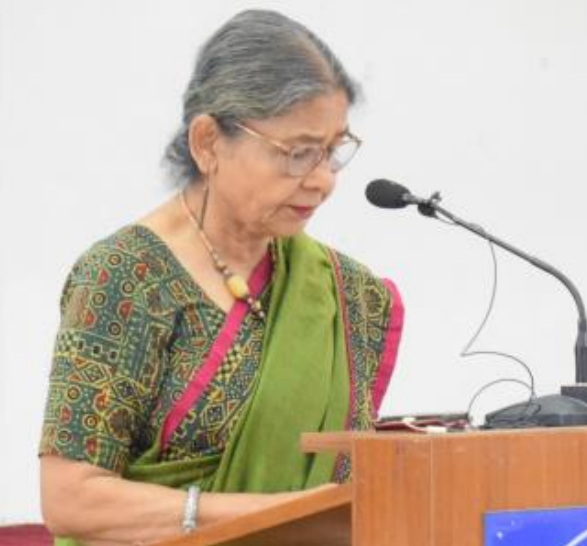
Prof. Subhadra M. Channa
Retired Professor of Anthropology, University of Delhi
Prof. Subhadra Mitra Channa taught Anthropology at the University of Delhi. Her areas of interest are marginalisation and identity, gender, religion and cosmology, ecology and landscapes. She was a Charles Wallace Fellow to the UK (Queen’s University 2000) and a Visiting Professor to MSH, Paris (2002), a Fulbright visiting lecturer to the USA (2003) and a Visiting Professor in 2008-9 to USC, USA, and a Visiting Professor to the University of Bahia, Brazil, 2019.
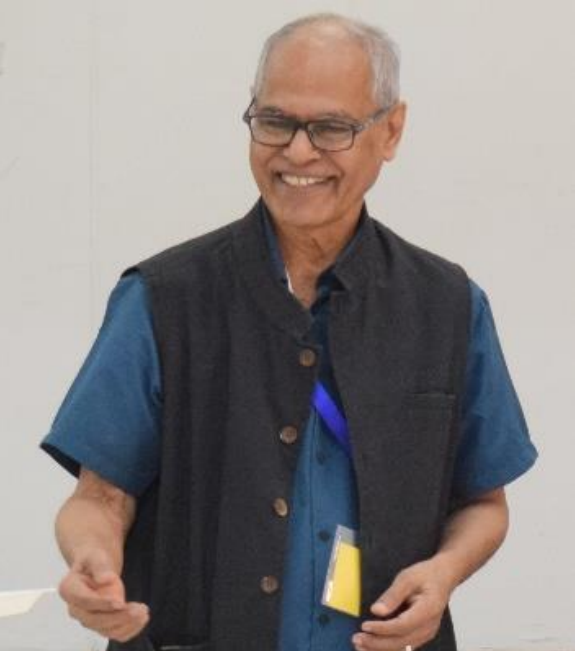
Prof. Dr. Lancy Lobo, SJ
Research Director, Indian Social Institute, New Delhi
Prof. Lancy Lobo has a doctorate in sociology from the Delhi School of Economics, University of Delhi. He was the founder and Director of The Centre for Culture and Development, Vadodara. He also served as Director of the Centre for Social Studies, Surat, under the Indian Council of Social Science Research, Delhi (Ministry of Human Resources). He has extensively studied Dalits, tribals, OBCs and minorities in rural and urban Gujarat. He was an International Fellow at the Woodstock Centre, Georgetown University, Washington, D.C., from 1999 to 2000.
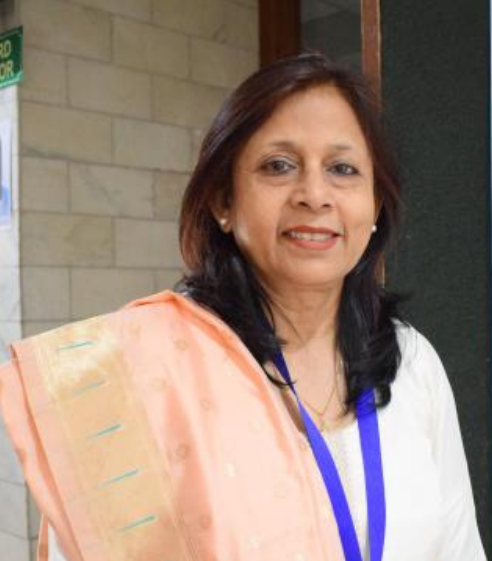
Prof. Sahiba Hussain
Senior Professor, Indian Social Institute, New Delhi
Prof. Sabiha Hussain is currently working as a Senior Professor at the Indian Social Institute, New Delhi. She was a Professor and Director of the Sarojini Naidu Centre for Women’s Development Studies and the Centre for the Study of Social Exclusion and Inclusive Policies, Jamia Millia Islamia. Before joining Jamia Millia Islamia, she worked for a decade at the Centre for Women’s Development Studies in New Delhi. She has obtained her Ph.D from Jawaharlal Nehru University. She has more than 39 years of teaching and research experience.
Course Content
1. Introduction to social science research
1.1. Key concepts and scope of qualitative research
1.2. Identifying the research problem, research questions, and hypothesis formulation
1.3. Tools of data collection- in-depth interview, participant and non-participant observations, and doing fieldwork
2. Ethnography: Introductory
2.1. History of Ethnography: genesis, colonial – early explorations
2.2. Changing ethnographic context- post-colonial period
2.3. Questions of objectivity and subjectivity (critique of positivism), reflexivity
3. Ethnography: Theory
3.1. Concept of culture and society: A short overview of changing theoretical approaches to understanding these constructs.
3.2. Cognitive perspectives, world views and cosmology, androcentric and nature-centric perspectives
3.3. Intersection of history and ethnography: concepts of ethno-history, oral history, varying perspectives of time, linear, circular and mythological
3.4. Foundations of social relations: power, hierarchy, inequality and marginalization, resistance, manipulation and resilience, actual and symbolic violence
3.5. Auto-ethnography
3.6. Feminist ethnography
3.7. Post-modern, neo-liberal contexts, digital ethnography
4. Ethnography: Techniques and Methods
4.1. Fieldwork: rapport establishment, participant observation
4.2. Observation and interviews, and the types of interviews
4.3. Genealogical method and household survey
4.4. Case studies, life history and narratives
4.5. Visual ethnography: Ethics and Relevance of the Visual
4.6. Ethics of field work: data collection
4.7. Field visits and presentations/assignment by participants
Expected Outcomes/ Key Takeaways
This workshop will equip participants with a clear understanding of qualitative research, with special emphasis on ethnographic approach. They will learn to identify research problems, and engage in immersive fieldwork through participant observation, and come to an empathetic understanding of the field. The goal of these methods is to train the researcher to look at the world from the other person’s point of view and come to an unbiased and sensitive understanding of the people. Unlike an external point of view, the researcher using qualitative methods is enabled to have an emic and etic understanding of people, which is possible through ethnographic research.
Such research is essential for dealing with any situation that involves humans and their relationships and situations within the world. It is especially relevant for policy-making, dealing with social change, and social disturbances. The sessions will build a critical understanding of concepts, subjectivity, and ethics in ethnographic practice. Participants will also gain practical skills in fieldwork. Through field visits and presentations, they will integrate theory with practice, enhancing their ability to conduct rigorous and meaningful qualitative research independently.
Bank Details for Payment
Account Details
Account Holder’s Name: Indian Social Institute
Account Number: 32335019505
Name of Bank: SBI
Branch: Indian Habitat Centre, Lodhi Road.
Branch Code: 61720
IFSC Code: SBIN0061720
MICR Code: 110002883
Or, Scan QR Code For Payment
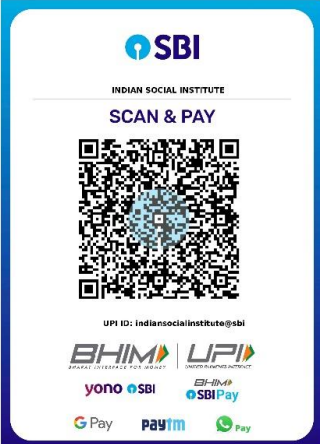
Contact Us
Email: researchworkshop2025@gmail.com
Phone: +91-9971747353 (Research Department, Indian Social Institute)
Website: https://isidelhi.org.in/

